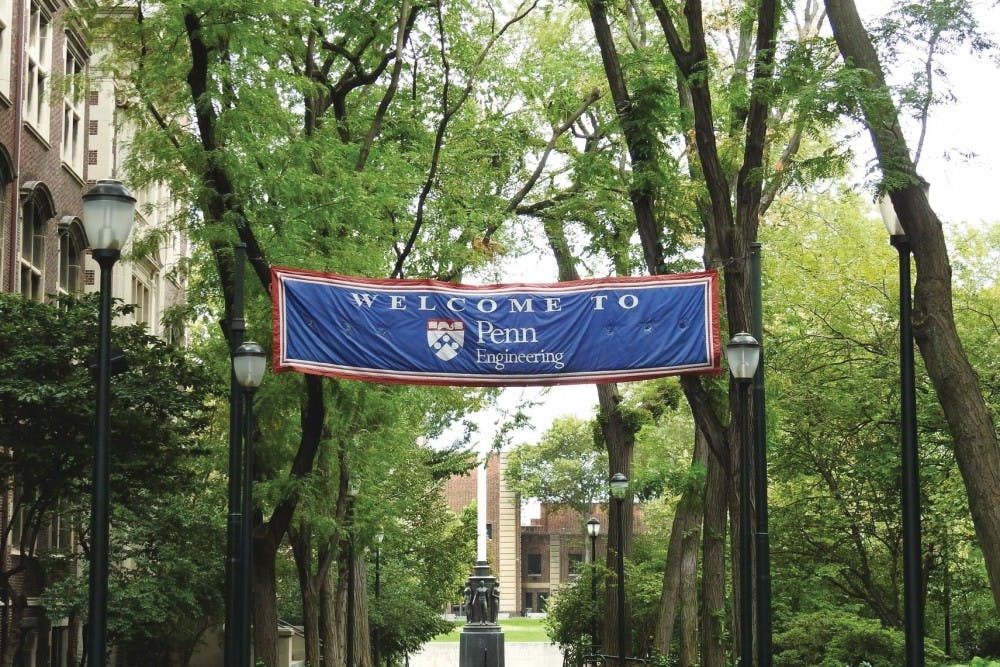Most students in the Vagelos Integrated Program in Energy Research have to spend their summers poring over academic research, but not all of them find it applicable to their future careers. Many have set their sights on working in the energy industry after graduation rather than staying in the field of academia.
VIPER is a coordinated dual-degree program between the School of Arts and Sciences and the School of Engineering and Applied Science for students interested in energy science and research.
As part of the program requirements, VIPER students must perform research under a Penn faculty member for three months during at least two summers. Students have to either complete three summers of research or two summers of research and two semesters of independent study research during the regular academic year.
Kristen Hughes, the managing director of VIPER, said the research requirements are meant to help students better understand what kind of energy work they might want to pursue after graduation.
“Research is where students take what they’re learning and what they are aspiring to be and make it real,” she said.
VIPER accepted its first class in 2012 and has only produced two graduating classes so far, though the majority of program graduates have indicated that they intend to pursue master's degrees or doctorates, Hughes said.
Yann Pfitzer, a junior in the VIPER program, began working in a Penn lab the summer before his sophomore year investigating the ramifications of climate change on the microscopic marine algae, phytoplankton.
Pfitzer said that even though VIPER encourages students to continue with the same lab or research group while completing their research requirements, he decided to switch labs during the spring of his sophomore year.
Pfitzer spent the past summer working on a project concerning alternative energy sources and is still working on it part-time. Although he said he enjoyed his prior experience, he wanted to pursue an area of research which would more closely align with his intention to work in energy venture capital after graduation.
“Every time I talk about it, I get excited about it," Pfitzer said about his current research, which is more closely linked to energy venture capital. "It really motivates me to get to the lab."
Raj Bhuva, a sophomore in VIPER, is also seriously considering working in the energy industry after graduation rather than pursuing academic research.
Over the summer, Bhuva performed research in nanotechnology. While he found it to be interesting and educational, he said that he wished that he could have done more "application-oriented work."
“I hoped I would have had the opportunity to place my research within larger and more real-life consequences,” he said.
Julia Chen, a sophomore in VIPER who also wants to work in the energy industry, said VIPER research isn't always applicable to the world outside of academia.
"I would prefer research in the industry because there would be more tangible impact to people's lives," she said.
Chen, who worked this past summer on redesigning photobioreactors for biofuel-producing algae, added that while she appreciates that VIPER connects students with multiple research opportunities, she feels that there isn't a direct connection to industry research.
"For VIPER, what they expect for us is to do the academic research," she said. "They want to support us to become researchers or scientists."



